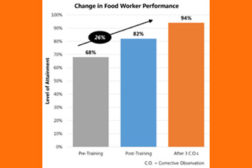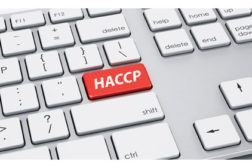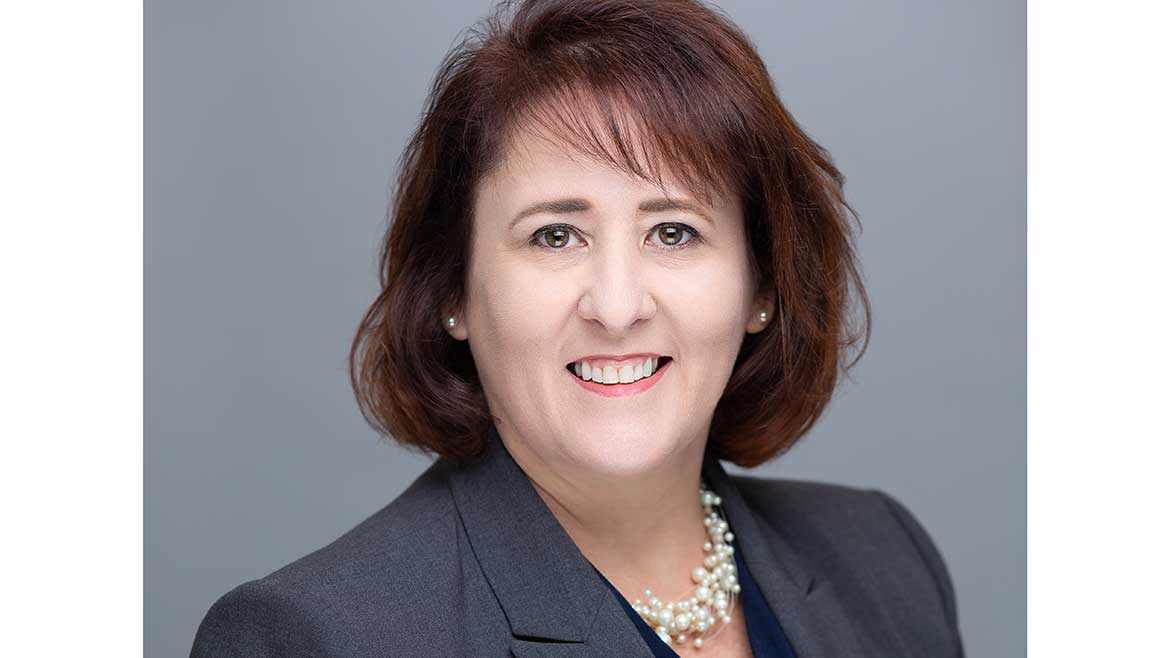Food Safety
Practice makes perfect, especially when it comes to food safety
Employees need feedback on how well they're doing their jobs.
December 10, 2013
HACCP software: Get with the program!
From HACCP forms generation to automated track-and-trace systems, affordable software tools make FSMA compliance easier for small and medium-sized processors, and can reduce the potential of recalls.
November 11, 2013
Elevate your expertise in refrigerated and frozen foods with unparalleled insights and connections.
Get the latest industry updates tailored your way.
JOIN TODAY!Copyright ©2024. All Rights Reserved BNP Media.
Design, CMS, Hosting & Web Development :: ePublishing










